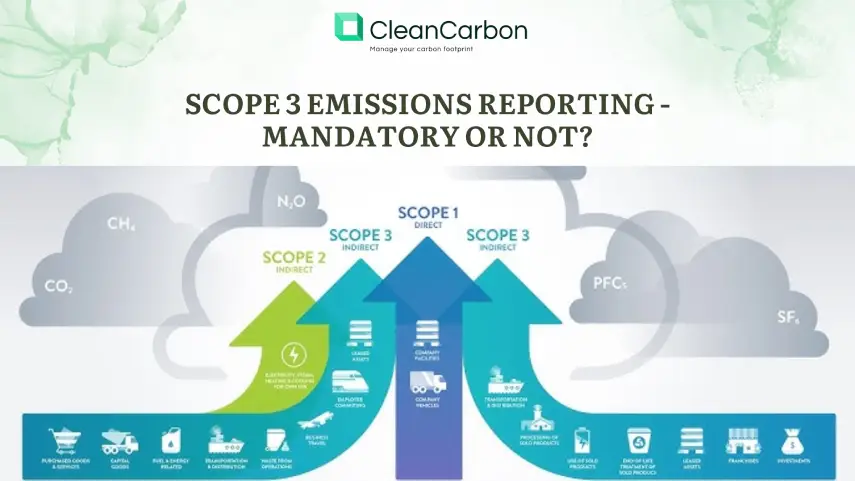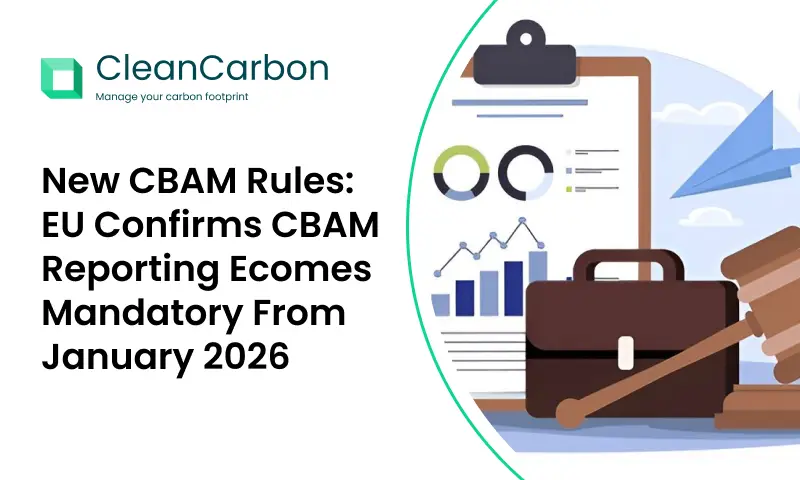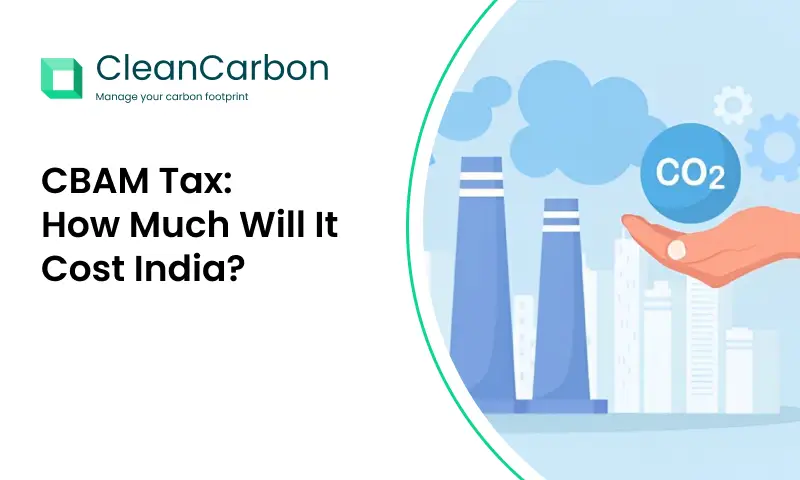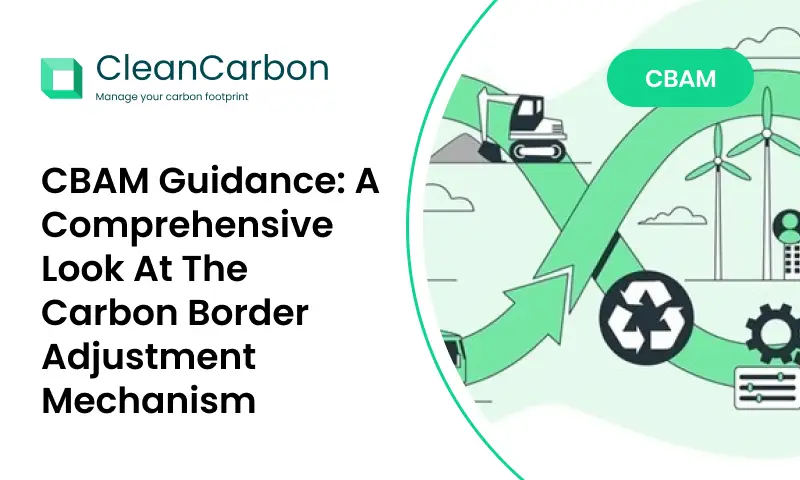The landscape of corporate sustainability reporting is rapidly evolving, with increasing focus on Scope 3 greenhouse gas (GHG) emissions. This newsletter clarifies the current status of mandatory Scope 3 emissions reporting and explores the implications for businesses.
What are Scope 3 Emissions?
Scope 3 emissions are indirect GHG emissions that occur in a company’s value chain, outside of its direct operations (Scope 1) and energy use (Scope 2). These emissions can be a significant portion of a company’s overall carbon footprint, often dwarfing Scope 1 and 2. They encompass a wide range of activities, from purchased goods and services to transportation, business travel, and waste disposal.
The Current Landscape of Mandatory Reporting:

While Scope 1 and 2 emissions reporting is becoming increasingly mandatory in many jurisdictions, the situation with Scope 3 is more nuanced. Currently, there isn’t a globally standardized mandate for comprehensive Scope 3 reporting. However, this is changing rapidly.
- Emerging Regulations: Several jurisdictions are introducing or considering mandatory Scope 3 reporting requirements. For example, the EU‘s Corporate Sustainability Reporting Directive (CSRD) will require many large companies to report on their Scope 3 emissions. The US SEC is also moving towards requiring some level of Scope 3 disclosure.
- Comply or Explain: In some regions, companies are required to either report Scope 3 emissions or explain why they are not doing so. This approach encourages companies to address Scope 3, even if full reporting isn’t immediately mandatory.
Why Scope 3 Reporting Matters, Even When Not Strictly Mandatory:
Even in the absence of strict legal mandates, there are compelling reasons for businesses to prioritize Scope 3 emissions accounting and reporting:
- Stakeholder Pressure: Investors, customers, and other stakeholders are increasingly demanding transparency regarding Scope 3 emissions. This demand is driven by growing awareness of climate change and the interconnectedness of supply chains.
- Risk Management: Understanding Scope 3 emissions can help identify and manage climate-related risks within the value chain, such as supply chain disruptions or reputational damage.
- Competitive Advantage: Companies that proactively measure and manage Scope 3 emissions can gain a competitive advantage by demonstrating their commitment to sustainability and attracting environmentally conscious investors and customers.
- Future Regulations: As regulatory landscapes evolve, getting ahead of the curve on Scope 3 reporting can save time and resources in the long run and ensure a smoother transition to mandatory requirements.
Conclusion:
While globally standardized mandatory Scope 3 reporting is not yet fully established, the trend is clear. Businesses should proactively explore Scope 3 emissions accounting and reporting, not only to meet emerging regulatory requirements but also to address stakeholder expectations, manage risks, and gain a competitive edge in a rapidly changing world.






